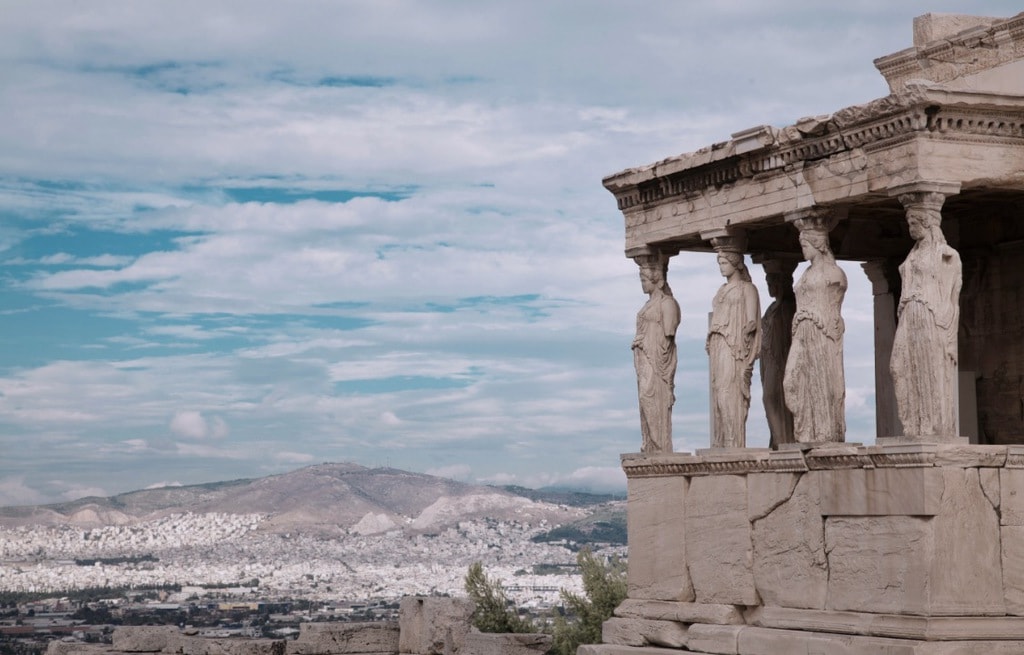The sunken city, the mythical Greek utopia… Atlantis. Many have theorized that this allegedly fictional city is, in fact, real, or that the least something similar to it. Over the course of many centuries, people have argued over whether or not Atlantis was a real place or merely fiction that was told amongst the ancient Greeks. So let’s take a deep dive into the facts behind this mystery.
Mysterious origins
The first mention of Atlantis appeared in two of Plato’s dialogues named the “Critias” and the “Timaeus” written in 360 BC. Although the Atlantis described by Plato was very different to the utopia that it is described as today. He described it as a place that was technologically advanced, materially wealthy, and had a powerful military but over the course of several years became corrupted by citizens who had become wealthy and thought themselves more powerful than their peers. The original story concentrated on the fierce rivalry between the people and city of Athens and that of Atlantis. It is also made very clear by Plato’s, that the city was written as a plot device for his tales, and this can be seen as there are no other records anywhere else in the Greek empire or the world. Furthermore, no evidence for Atlantis has been found that existed before Platos mentioned it.

Plato’s writings
Scholars of Plato’s texts strongly believe that the island of Atlantis was written to help convey his philosophical theories through tales and parables. This way of writing was used by contemporary scholars of Plato and is common throughout his writing. The story of Atlantis could be used in literature to help us understand aspects of our society, our place in nature, (and most importantly for Atlantis) the gradual decline of humankind into disorder. Plato often used the city to explore his favorite themes throughout his work.
What we know
Even with a substantial amount of evidence proving that Atlantis is fictional, a few scientists believe that Atlantis, although not the one described by Plato, did exist in one form or another. Researchers in the fields of history and geography have come to a logical conclusion that a city much like Atlantis could have existed during the Greek empire and could have been destroyed by a massive volcanic eruption or have been covered by tidal waves. A possible island called Santorini, in the Aegean sea near Greece, could have been destroyed by a volcanic eruption. The populace of Santorini was said to be a society of Minoans who had highly advanced technology. The civilization then disappeared at about the same time that volcanic activity was recorded. However, the evidence is inconclusive and fraught with inconsistencies.
Those who doubt
Although it is commonly believed that Atlantis was only used by Plato to better convey his writing, some “Atlantis fundamentalists” believe that Plato’s story, aside from the supernatural elements such as Poseidon, was indeed a real place complete with an advanced civilization and tragic downfall. Others in more recent times have claimed that it was not, in fact, the Greek Pantheon of Gods that sank Atlantis but rather due to their sinful and corrupt acts in the eyes of the newer Christian faith. Modern-day psychics have also claimed to live past lives as Atlanteans. However, it has to be mentioned but most of these claims contain evidence and information that is unverifiable and as such can neither be proven nor disproven.

The story of Atlantis is full of mystery and uncertainty. The scientific consensus concludes that it was only fiction, but there are many who don’t agree and still believe but Atlantis was in fact real.










